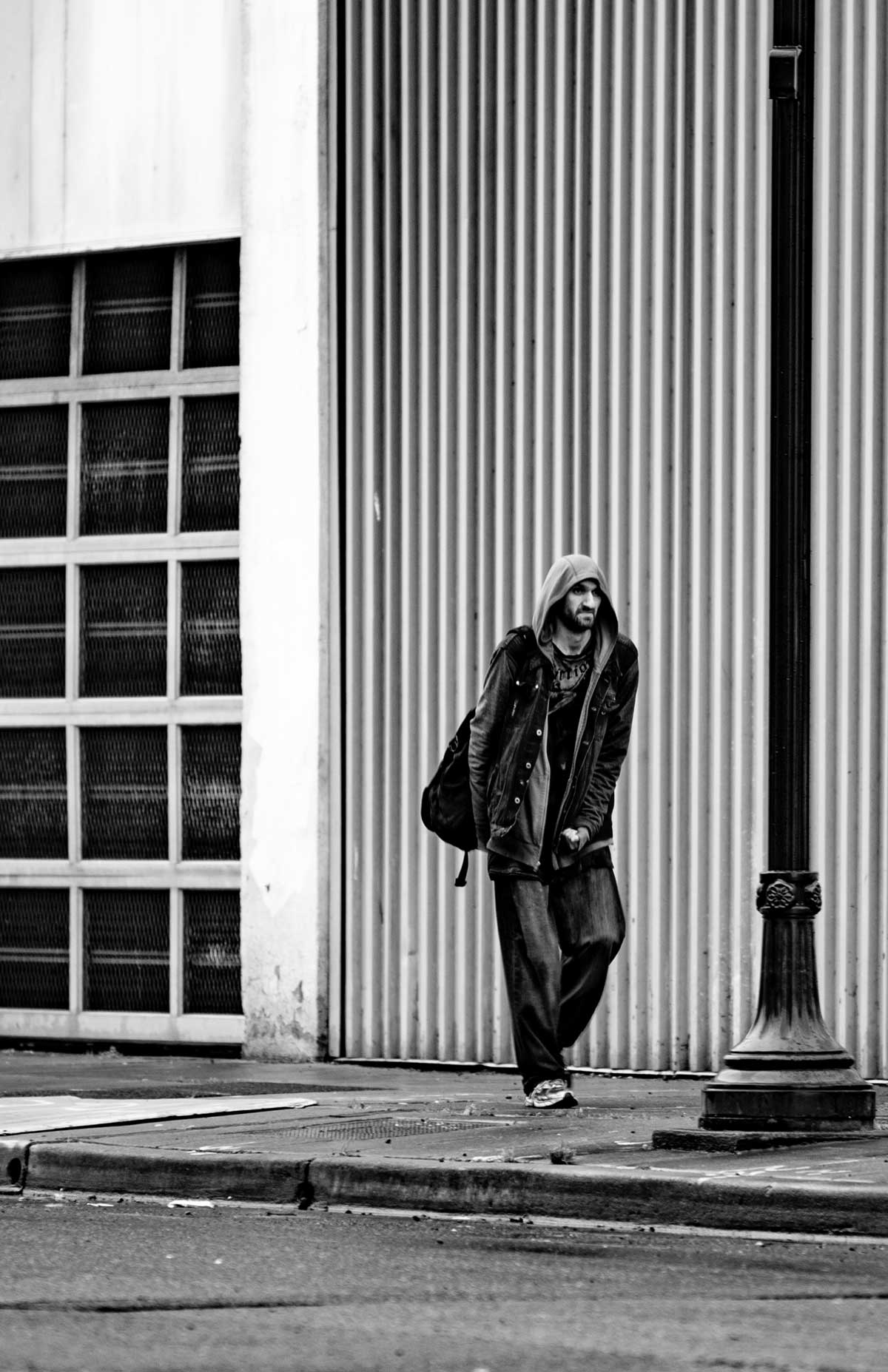The Human Becoming: A Lenten DevotionalНамуна


Fifth Week of Lent | Unbound | Rev. Shalom Agtarap
“In the midst of life, we are in death.”
These are the opening words of my tradition’s graveside liturgy. It might not be a common greeting, but to those who tend to the sick and dying, it’s an affirmation of what is always true, even if it goes unacknowledged.
I’m reminded of the unacknowledged sense of death lingering all around me when I pull up to the church where I work. The stench of urine on pavement—even when it’s washed away by steady rain—can linger in the air. There are cans and discarded clothes scattered around, evidence that someone was there, and that they’ve moved on. The vulnerability to violence and undernourishment for the unhoused always makes death feel like it’s right around the corner.
I’m no Jesus, but after a morning like this, I do get asked the questions,“Where have you been?” “What are you going to do about this?” “Don’t you care?”
Of course I care. One woman in particular who sleeps on our doorstep receives much of my compassion. She’s mostly there, but not always with it. After a few stories, we usually figure out she’s referencing something from a dream, or some remote past that for her is very present. My spouse and I care so much about Anin that upon witnessing her amid an assault, my spouse jumped on the ground and put his body in between her and the other person in distress.
When I think of Lazarus, I think of Anin. Lazarus waited for the healing power of Christ in life and even in death. Anin, though very much alive and in the flesh, shuffles along in a city full of people waiting for new life.
Martha and Mary, along with their grieving community, have counted Lazarus dead, and beyond the point of a miracle; his fate is sealed. They’ve judged the events in front of them as the only reality that could be. When Jesus asks for the grave to be opened, they hesitate, choosing to focus on the stench of his burial cloths.
In our city, many folks are living as though they are as good as dead. That’s how we talk about them, anyway. They, too, are bound with invisible clothes of generational trauma, mental health disorders, and caught in cycles of poverty. Many of them, quite literally, stink. Their reality, their odor, the discomfort they bring with them, can make us believe their fate is sealed; there’s no hope for them.
But even in death, the life-giving force of Jesus, Love made flesh, beckons Lazarus from the grave. Even death gives way to new life! Most noteworthy to me is that it isn’t just Jesus doing the work. The community is asked to participate in the unbinding:
Jesus said to them, “Unbind him, and let him go!”
The act of unbinding is a communal one. Jesus accompanies the grieving community to the tomb and points to another way. Death has changed Lazarus; but no matter his new lease on life, he relies on the interdependent relationships of the community to come fully alive.
There are dear ones to God, walking around half dead, many of whom are bound by a lack of access to housing, health, and human dignity. But if we’re honest, who are they? They are us. With or without privilege, we often lack the fullness of life that Jesus offers. Can we move together as a revolutionary community that chooses life amid death, who prioritizes connection over isolation, and helps one another live fully unbound?
Reflection
Is there a word or phrase that stands out to you? What is it calling forth?
Discussion
Who is longing for life around us? What grave clothes bind you? What holds the people you love back from experiencing life fully?
Public Action
Imagine spending an hour in an emergency room or at a cemetery. Consider how living and dying are always communal acts.
Scripture
About this Plan

The Lenten journey is a counterintuitive journey to life by way of the cross. Each year at this time we are invited to turn and face those things from which we would rather run and hide. We walk to the cross where we experience the great unveiling and see things as they really are. We see God for who God is, and we discover ourselves for who we are.
More
Нақшаҳои марбут ба мавзӯъ

The Little Ant

Pray With Power: 3 Days to Deepen Your Connection

Discovering Your Calling

Time to Break Free

A Kid's Guide To: Bold Faith

Enfolded: A Reflection on God’s Psalm 91 Promises

Rediscover the Creator in You

The Battle of Pride vs. Humility

Strategy for Success
